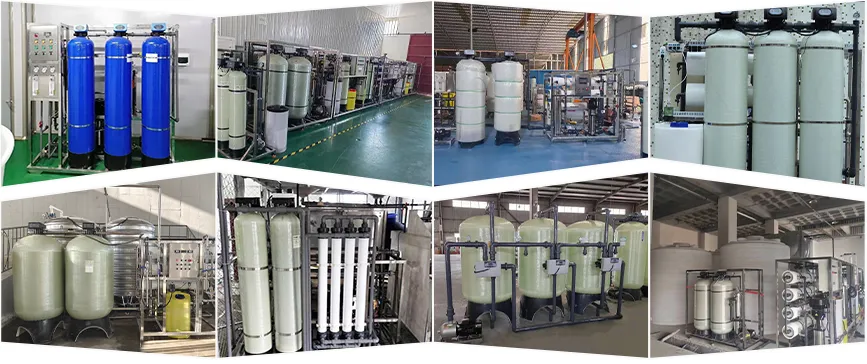loading...
- No. 9, Xingyuan South Street, Dongwaihuan Road, Zaoqiang County, Hengshui, Hebei, China
- admin@zjcomposites.com
- +86 15097380338
- Welcome to visit our website!
industrial water treatment
Industrial water treatment is a critical aspect of modern manufacturing processes, playing a vital role in ensuring the sustainability and efficiency of industrial operations. As industries continue to expand, the demand for clean water has surged, necessitating the implementation of effective water treatment systems.
The primary goal of industrial water treatment is to remove contaminants and impurities from water before it is used in production processes or discharged back into the environment. This is essential not only for meeting regulatory compliance but also for protecting the health of employees, the local community, and aquatic ecosystems.
Various techniques and technologies are employed in industrial water treatment, depending on the specific requirements of each facility. Common methods include filtration, chemical dosing, biological treatment, and reverse osmosis. Filtration is often the first step, effectively removing suspended solids and larger particles. Chemical dosing may be used to neutralize pH levels or precipitate harmful substances, while biological treatment leverages microbial processes to break down organic matter.
Reverse osmosis (RO) is gaining popularity due to its ability to effectively remove dissolved solids and contaminants at a molecular level, producing high-quality water that meets stringent standards. This process involves pushing water through a semipermeable membrane that allows only water molecules to pass while blocking larger impurities.
industrial water treatment

In addition to traditional methods, advancements in technology are paving the way for innovative solutions in industrial water treatment. For instance, the use of membrane bioreactors (MBR) combines biological treatment with membrane filtration, resulting in improved effluent quality and reduced space requirements. Furthermore, intelligent monitoring systems equipped with sensors and data analytics can optimize treatment processes, ensuring that water quality is consistently maintained.
Sustainability is a key consideration in industrial water treatment. With increasing awareness of environmental impacts, industries are adopting practices such as water recycling and reuse. This not only conserves resources but also reduces the cost associated with water procurement and wastewater disposal.
In conclusion, industrial water treatment is an essential process that supports both operational efficiency and environmental stewardship. As industries evolve, the continued development and implementation of advanced water treatment technologies will be crucial in addressing the challenges posed by water scarcity and pollution. By prioritizing effective water management practices, industries can contribute to a more sustainable future while meeting their operational needs.
-
The Rise of FRP Profiles: Strong, Lightweight, and Built to LastNewsJul.14,2025
-
SMC Panel Tanks: A Modern Water Storage Solution for All EnvironmentsNewsJul.14,2025
-
GRP Grating: A Modern Solution for Safe and Durable Access SystemsNewsJul.14,2025
-
Galvanized Steel Water Tanks: Durable, Reliable, and Ready for UseNewsJul.14,2025
-
FRP Mini Mesh Grating: The Safer, Smarter Flooring SolutionNewsJul.14,2025
-
Exploring FRP Vessels: Durable Solutions for Modern Fluid HandlingNewsJul.14,2025
-
GRP Structures: The Future of Lightweight, High-Performance EngineeringNewsJun.20,2025
